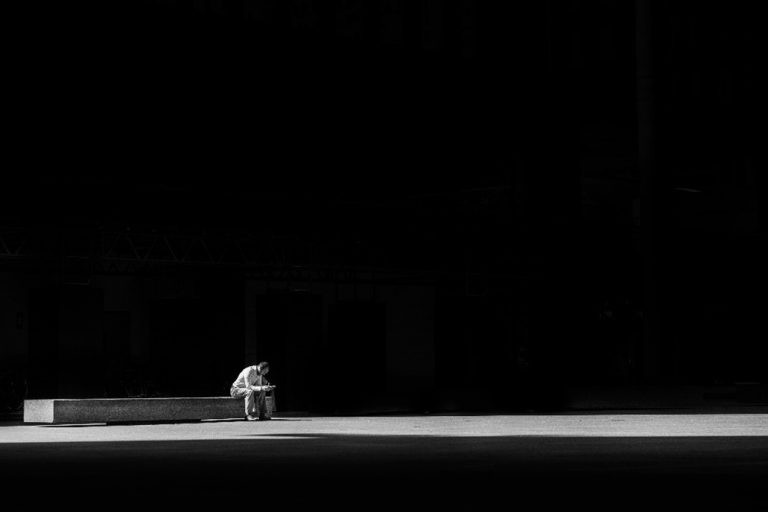Solitude? This House Votes in Favour
Solitude is the state of being alone without a feeling of isolation and can very well be a channel of self-awareness.

September 11, 2023
While conducting some preliminary research on the psychology of solitude, we kept running into articles on loneliness. Baffled that this is still a distinction that needs to be clarified− we’ve decided to share some insights and crisp bits on solitude and its easily confused cousin, loneliness.
Author Hara Estroff Marano states that loneliness is often marked by a sense of isolation. It can make one feel as though something is amiss, and that there is a void that needs to be filled. One can also feel lonely in the presence of people.
Solitude, on the contrary, is the state of being alone without a feeling of isolation and can very well be a channel of self-awareness. And it doesn’t just stop at self-awareness. Some alone-time can help us tap into our most creative selves. The renowned writer and activist Susan Sontag famously said, “Genius requires solitude.” It is a choice that allows for constructive and meaningful engagement with oneself.
Csikzentmihalyi, the psychologist behind the concept of the ‘flow state,’ stated that people who are exceptionally creative, tend to be introverted. However, it is important to note, that while creative minds can flourish in solitude, they are also high on divergent thinking- a thinking style that allows for flexibility and diverse solutions to a single problem.
In 2012, Knafo’s research on solitude expanded on the causes of solitude’s capacity to boost creativity. Solitude can act as a space of safety and predictability, and this can be understood as the desired state that allows individuals to escape the harsh reality of the world.
Additionally, creators may also engage with solitude in order to address the “exciting” objects of their past- incidents that may act as unfinished business. Our relationship with solitude can also be indicative of our relationship towards ourselves. It is important to question these relationships and examine how we perceive them in the daily. Do we look forward to solitude? Or do we fear it? Is our fear of solitude perhaps a fear of our own selves?
The study of solitude is also connected to that of the existential self. Philosopher Nietzche wrote, “One man runs to his neighbour because he is looking for himself, and another because he wants to lose himself. Your bad love of yourselves makes solitude a prison to you.”
So how can we avoid this “bad love” of ourselves?
With some self-care and practice, we can make the most of our solitude!
1. Do Not Use this Time to Compare Yourself to Other People: While it is tempting to let the mind drift off into negative territory, especially when doomscrolling on Instagram, it is pivotal to keep feelings of comparison in check. This also brings us to our next point!
2. Use Solitude as an Opportunity for Digital Detox: Well, it isn’t really solitude if you’re still constantly connected to people via texts, or forwarded memes. Solitude can be a time for connecting with yourself, rather than taking the convenient route on the couch with your phone.

3. Allow your Mind to Take the Road Less Travelled: When you take a break from watching a movie, a show, listening to a podcast, or reading a book, your mind gets the chance to reflect on all it has consumed. This can be the moment when a new idea dawns upon you- so allow yourself some quiet minutes to let your mind venture into creative territory!
4. Give in to the ‘Win-Wins of Being by Yourself’: In solitude, we no longer need to put on a performance of who we are, we can simply be. Embrace this time to take up all the space, sit comfortable, slouch even, throw yourself a dance party and do all of the goofy moves you wouldn’t usually do when you have company.
Perhaps the only thing that solitude and loneliness seem to have in common is the absence of other people- but solitude is also studded with the richness of a full self!
Author bio: Samreen Chhabra is an Assistant Lecturer at the Jindal Institute of Behavioural Sciences (JIBS)
